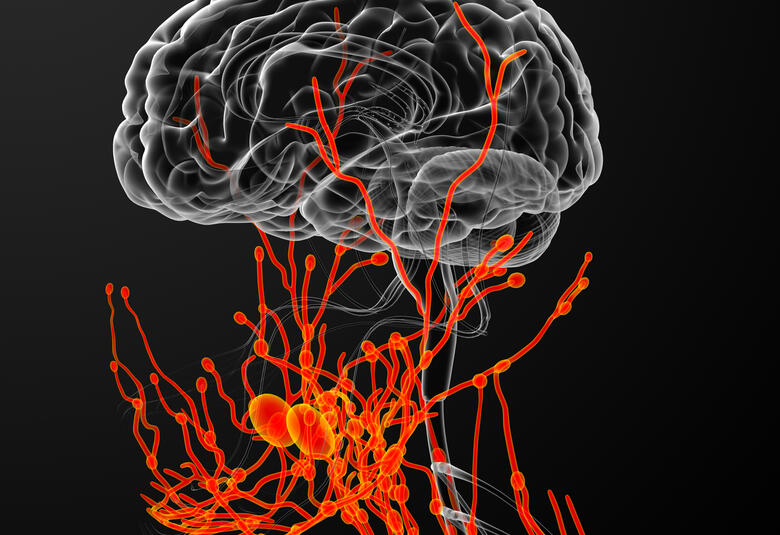The theme for World Mental Health Day 2020 is Mental Health for All: Greater Investment, Greater Access. Addressing stigma and discrimination through education and awareness campaigns can help people feel comfortable with talking about their mental health and access mental health services to receive appropriate care.
Stigma contributes to poor mental health outcomes worldwide,1 and is a major factor preventing effective management of mental health disorders and promotion of mental wellbeing.2
Stigma is a widespread societal challenge
A false belief
Stigma commonly arises from a belief that individuals with mental health disorders — for instance those with bipolar disorder, alcohol and drug use disorders and schizophrenia — are dangerous to themselves and others.3
But evidence does not support this. In fact, research supports that people with mental health disorders who are stable on treatment are no more violent than the general population.4 Furthermore, people with serious mental health disorders are eleven times more likely than the general population to be a victim of a violent crime.5
Consequences of stigma
Stigma has an adverse effect on investment in mental health services
Stigma is a major cause of discrimination and social exclusion.2
A review of the treatment of people with mental health disorders in low-income and middle-income countries showed widespread human rights violations including basic civil, cultural, economic, political and social rights.6
As a result, stigma creates an additional burden for people living with mental health disorders,7 adversely affecting their self-esteem and family relationships, and limiting their ability to socialize and obtain housing and jobs.2
Stigma also leads to discrimination affecting investment in mental health services.1,2
Interventions to address and alleviate stigma
Public awareness campaigns that include personal testimonies are particularly effective6
The WHO’s European Mental Health Action Plan2 is a three-pronged strategy to improve mental health outcomes by:
- improving the mental health wellbeing of the population
- respecting the rights of people with mental health disorders and offering equitable opportunities to attain the highest quality of life
- establishing accessible, safe and effective services that meet people’s mental, physical and social needs and expectations
Other interventions to improve outcomes include:
- increased use of mental health technologies to provide access to services for people who might be reluctant to seek or engage with services because of stigma1
- public awareness and education campaigns that normalize the experiences of those with mental health disorders1,6
Campaigns may involve advocacy groups, government and public institutions, and global, regional and local community stakeholders, and are particularly effective when they include personal testimonies from people who have a mental health disorder.6
Our correspondent’s highlights from the symposium are meant as a fair representation of the scientific content presented. The views and opinions expressed on this page do not necessarily reflect those of Lundbeck.




